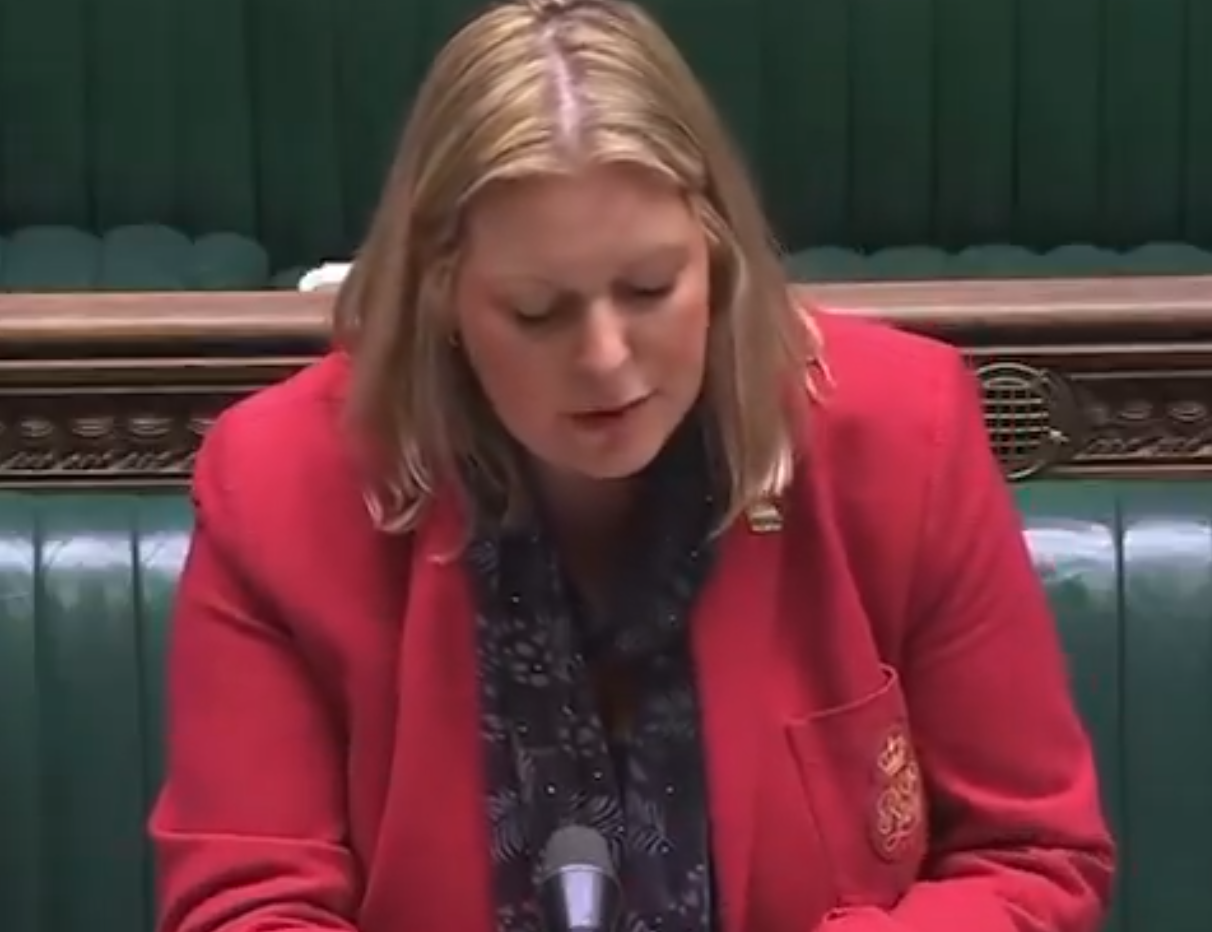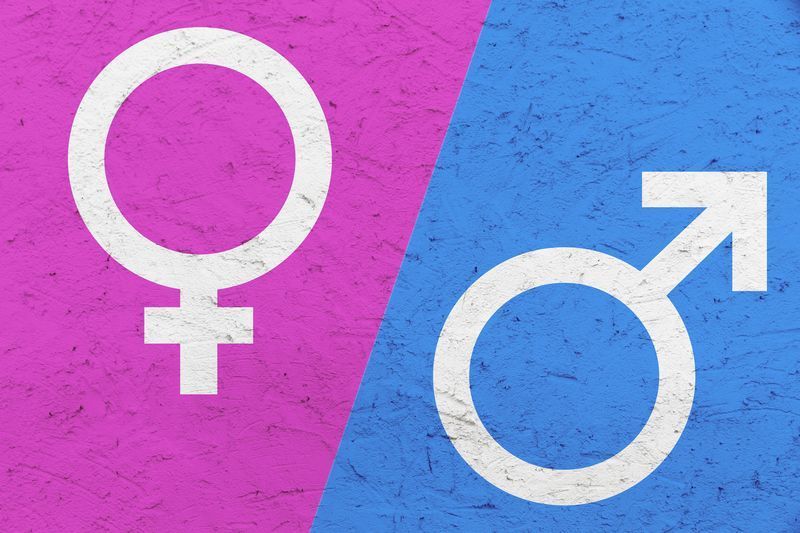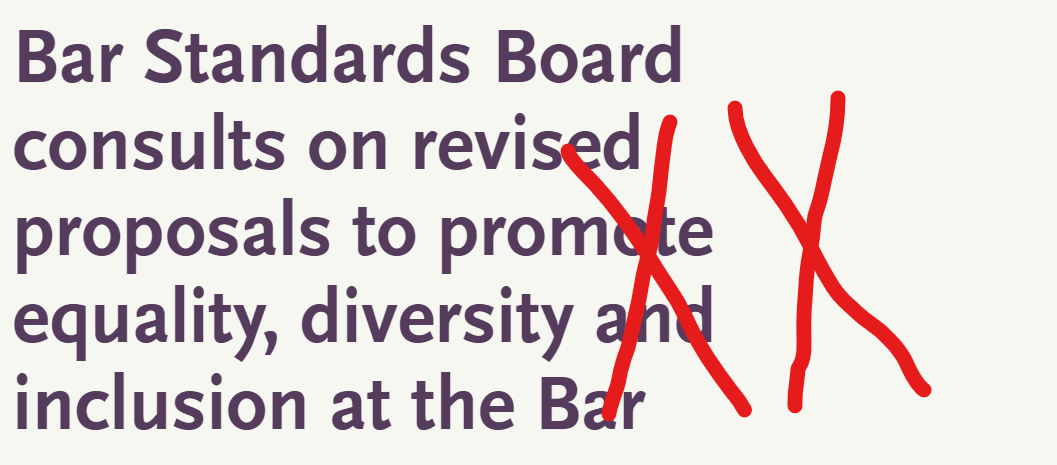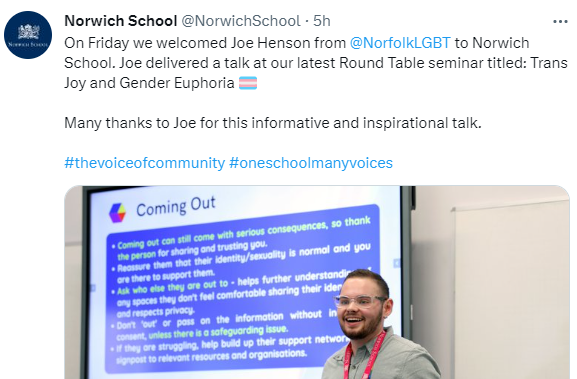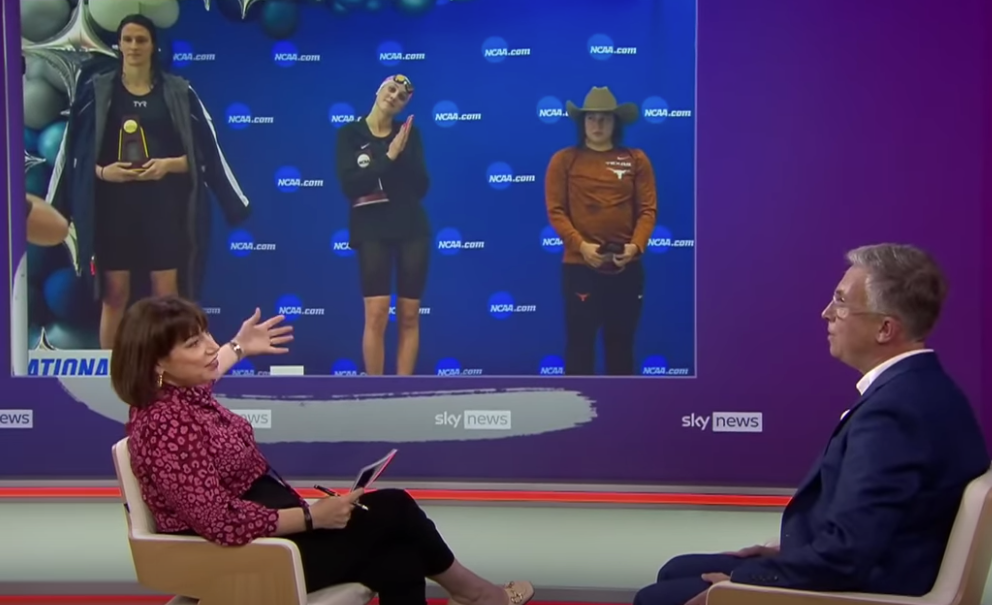Until the guide is changed, the BBC's new drive for 'fair, accurate, and unbiased reporting' will fail

Caroline ffiske was a Conservative Councillor for 8 years. Published 8 November 2021. She tweets at @carolinefff
The BBC has recently announced ‘sweeping changes’ to ensure that its reporting and content are ‘fair, accurate, and unbiased’. It has produced a ten point plan focused on ‘impartiality, editorial standards and whistleblowing’. The BBC has described these efforts as the ‘biggest and most significant push to ensure its programmes and content are fair, accurate and unbiased and truly reflect the broad public which it serves’.
This is to be greatly welcomed. One area where BBC bias, ideological capture even, has been most evident, is in its egregious promotion of gender ideology. The most shameful examples have been materials targeted at children - for example, the notorious ‘classroom resource’ teaching children that there are ‘over a 100 genders’. When anyone complained, the BBC doubled-down.
But more recently, perhaps as part of the newly announced 'significant push', there have been long overdue signs of change. First, it was the Stephen Nolan podcasts drawing attention to the internal influence of Stonewall. Imagine working for the BBC and having to sit through training about the ‘genderbread person’ - which promotes fake science, and feeling unable to challenge this nonsense.
Then we had the expose from Caroline Lowbridge about how some young lesbians have faced pressure to have sex with trans-identifying males. Kathleen Stock has also recently been interviewed on BBC Women's Hour by Emma Barnett with a follow-up BBC report.
However, if the BBC is actually serious about producing content that is ‘fair, accurate, and unbiased’ it needs to review its ‘Style Guide’. This bakes gender ideology and bias right into the language of the BBC. As long as this stays, bias stays. You can see the relevant parts
here following 'g for gender'.
What is so shocking is the way that our language, the shared meaning of important words and the underlying information they convey, is so casually over-ridden. With respect to the use of pronouns, the style guide says: 'Where possible, use the term/s and pronoun/s preferred by people themselves, when they have made their preferences clear.' ‘Transgender, or trans, is a good umbrella term for a person whose gender identity differs from their sex at birth’.... ‘Use the term and pronoun preferred by the person in question’.
Just like that, the BBC pushes aside established language usage - and discards the pursuit of accuracy and truth. If a man decides he wants to be referred to as a woman, then the BBC will refer to him as a woman. The public will effectively be told he is a woman. Our shared language, evolved over millennia to accurately transmit important information, is summarily dismissed. The BBC will willingly broadcast information that intentionally misleads.
The BBC insults women by refering to this rapist as ‘she’. The BBC insults women by refering to this rapist as ‘she’. The BBC hides the truth about this man from its audience here. Gaslighting women’s perception about who is responsible for violent crime undermines women’s intuition. Women’s intuition about who they need to be careful around helps to keep them safe. Your daughter will hesitate when a man steps into the small enclosed bathroom if she has been told by her woke university room-mates - and also the BBC - that you are who you say you are. But she shouldn’t hesitate - she should get out. Thanks Aunty.
Moving from the offensive, to the ridiculous, the BBC has got into a muddle over ‘non-binary’. ‘Non-binary is an adjective used to describe a person who does not identify as only male or only female, or who may identify as both. It is increasingly common for non-binary people to use the singular pronoun “they”. Obviously, we should not ascribe a gender to someone non-binary.’
My highlighting…
It’s hard to find the words to describe the gullibility and kowtowing on display here. Announcing that you are non-binary does not do away with your sexed reality. Our sexed reality matters in life, law, and public broadcasting. People shouldn’t be working at the BBC if they are not interested in challenging new orthodoxies and pursuing the truth.
The BBC spots that it’s caught up in an ideological tangle which those of us who pay for it will not understand. So...: ‘we may need to explain any use of “they” as a singular pronoun to the audience for clarity. This could be without explicitly mentioning their gender, however (eg: [First name surname] - who uses "they" and "them" as personal pronouns - is…).’
So that’s the BBC talking aloud about how to hide the sex of people it's telling news stories about. Someone has persuaded the BBC to participate in the fantasy that our sex, our physical reality, is irrelevant to our shared stories. Nonsense. We want to know that it is a man who has raped or killed. We want to know when, exceptionally, it is a woman who has committed a heinous crime. We want to know that a man has become the director of a multi-national organisation. We want to know when, exceptionally, a woman has done the same. We want to know when a little boy or a little girl has done something wonderful. No-one cares much what a de-sexed young person has achieved.
As part of the BBC’s announced ‘sweeping changes’, gender ideology must be swept out of the BBC. Yet until the style guide is changed, bias and ideology remain hard-baked into the BBC. The current Culture Secretary, Nadine Dorries, is a person with a uterus and uses ‘she / her’. Tim Davie is the Director-General of the BBC. Tim has a penis and goes by he / him. Dorries should point Davie to the ideological nonsense in his style guide, and point out how it makes for clumsy story-telling, while also distorting science and hiding the truth. If he also has balls, he’ll agree with her, and finally sweep gender ideology from the BBC.



